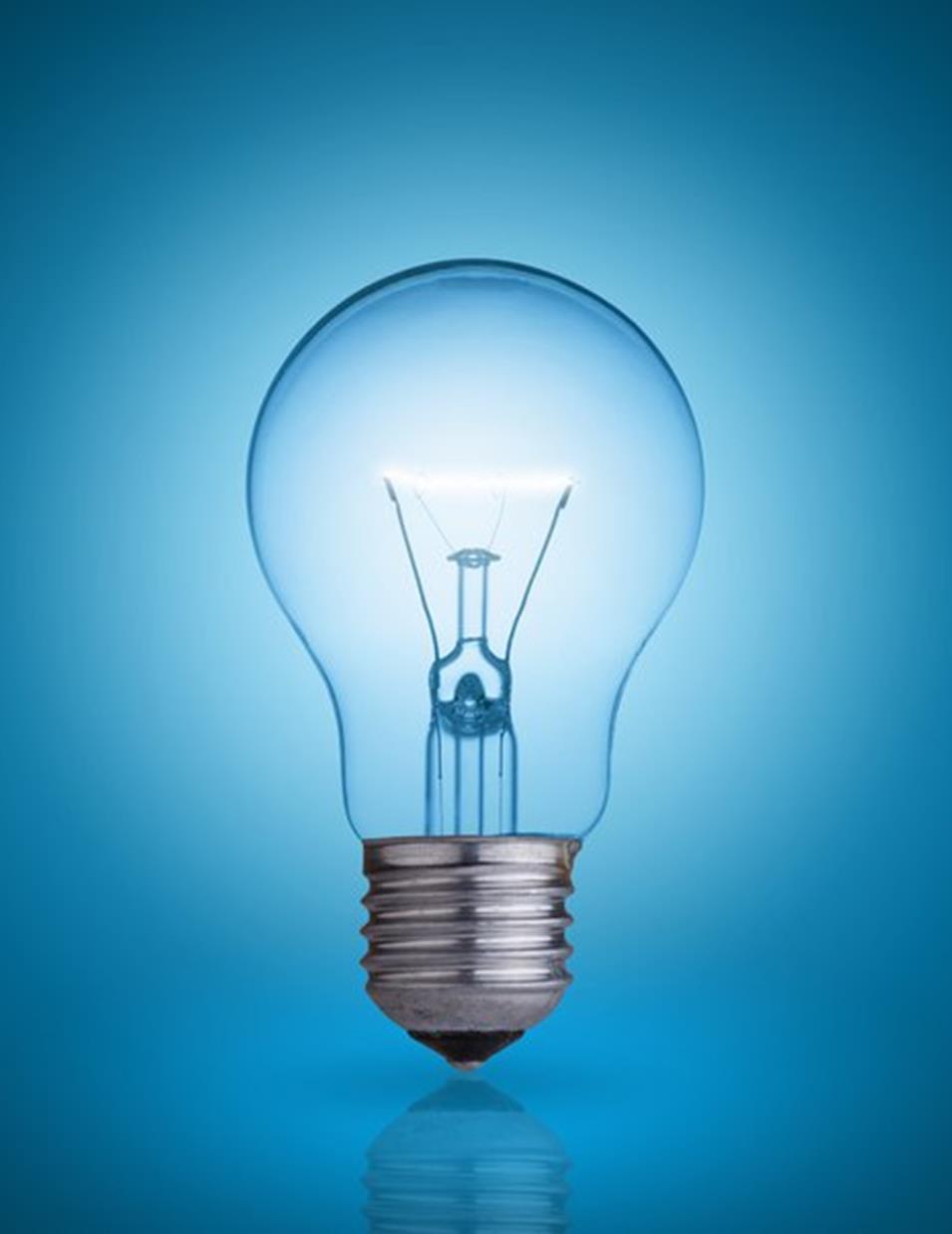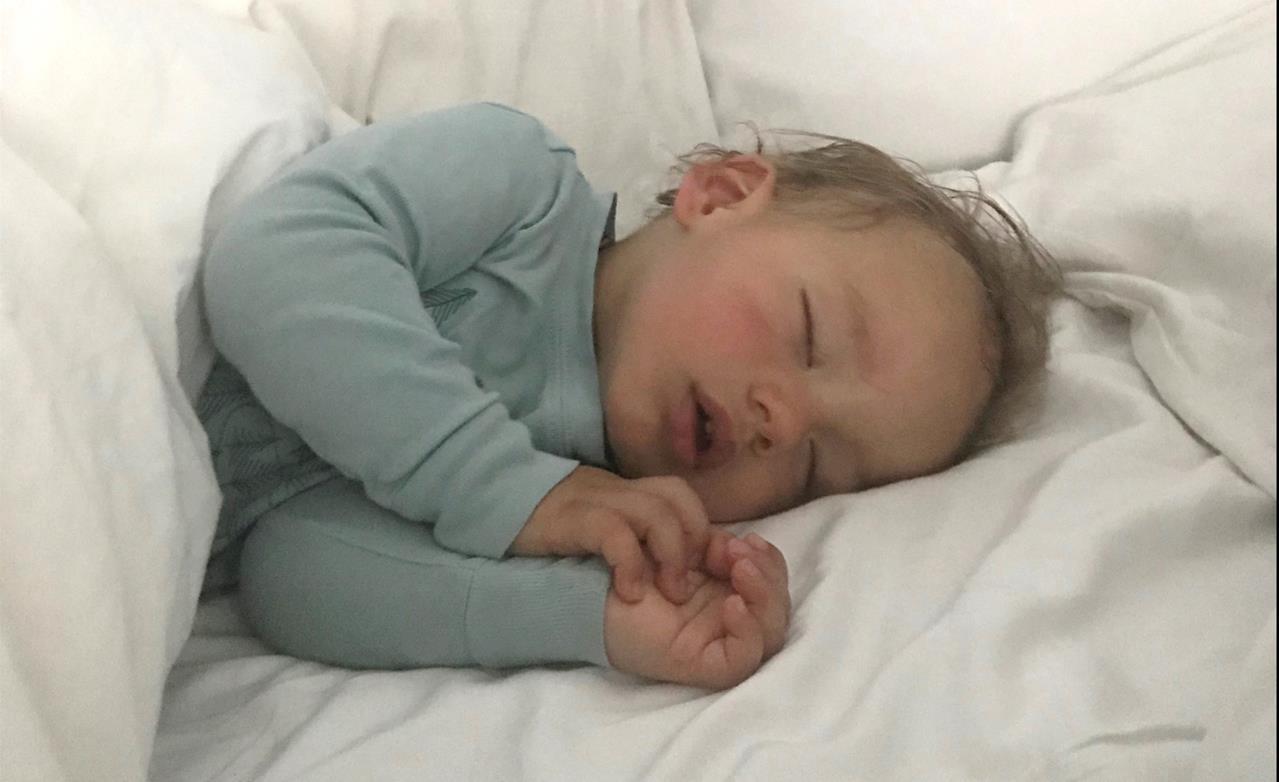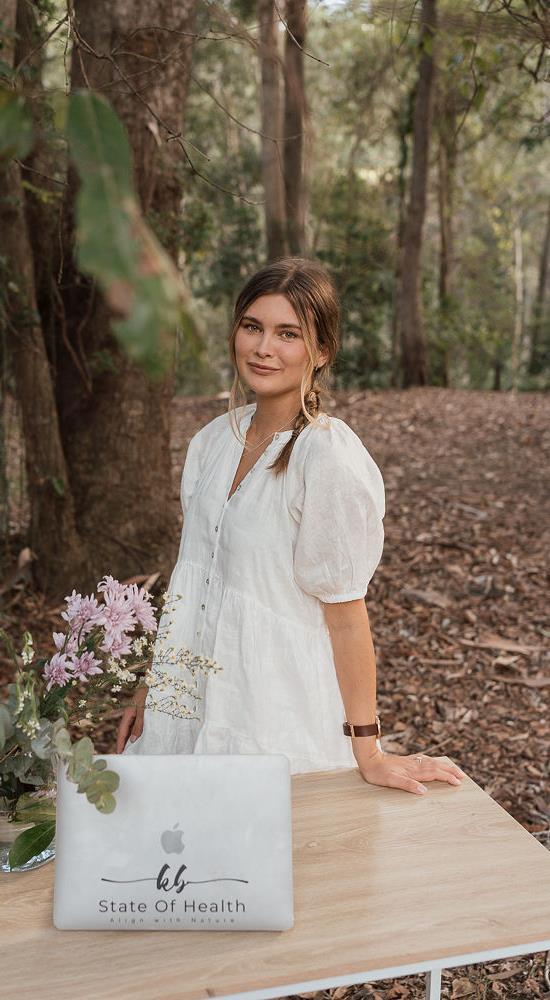
4 minute read
BLUE LIGHT And its effects on children’s sleep


Advertisement



By Kiera Beighton Kiera Lea Wellness
Bringing a newborn into the world is a remarkable experience for any parent. However, the challenges of nighttime care can sometimes leave us feeling overwhelmed. Many of us instinctively flick on the bright lights when our little ones wake up during the night. But what if I told you that this common practice might be doing more harm than good?
Artificial lights at night can actually increase your baby's stress levels and make it harder for them to fall back asleep.
Artificial blue light, emitted by electronic devices and certain lighting sources, has been found to increase cortisol production in the human body. Cortisol is a hormone associated with stress and wakefulness, and its levels naturally fluctuate throughout the day to regulate our sleep-wake cycle. However, exposure to blue light, especially in the evening or nighttime, can disrupt this delicate balance. Research suggests that blue light suppresses the production of melatonin, the hormone responsible for promoting sleep. The body interprets the presence of blue light as a signal to stay awake, leading to increased cortisol production, while in turn decreasing melatonin production. This disruption in cortisol levels can negatively impact our ability to relax, fall asleep, and maintain restful sleep patterns. Therefore, it is essential to be mindful of our exposure to artificial blue light, particularly in the hours leading up to bedtime, in order to support optimal sleep and overall wellbeing.
Just like adults, newborns have their own internal clock known as the circadian rhythm. This rhythm regulates their sleep-wake cycle, ensuring they get the rest they need. Unfortunately, exposure to artificial lights at night can throw this delicate balance off track. While it's important to meet your baby's needs during nighttime awakenings, there are ways to do so without resorting to bright lights that can disrupt their sleep patterns.
Bright lights trigger the release of cortisol, a stress hormone, even in newborns. Imagine waking up in the middle of the night to a sudden burst of bright light it would certainly make you feel more alert and awake, right? The same goes for your baby. Elevated cortisol levels can hinder their ability to relax and fall back asleep, leading to fragmented sleep patterns and potential long-term effects on their well-being.
Artificial blue light, emitted by electronic devices and certain lighting sources, has been found to increase cortisol production in the human body. Cortisol is a hormone associated with stress and wakefulness, and its levels naturally fluctuate throughout the day to regulate our sleep-wake cycle. However, exposure to blue light, especially in the evening or nighttime, can disrupt this delicate balance.
Research suggests that blue light suppresses the production of melatonin, the hormone responsible for promoting sleep. The body interprets the presence of blue light as a signal to stay awake, leading to increased cortisol production, while in turn decreasing melatonin production. This disruption in cortisol levels can negatively impact our ability to relax, fall asleep, and maintain restful sleep patterns. Therefore, it is essential to be mindful of our exposure to artificial blue light, particularly in the hours leading up to bedtime, in order to support optimal sleep and overall well-being.
Just like adults, newborns have their own internal clock known as the circadian rhythm. This rhythm regulates their sleep-wake cycle, ensuring they get the rest they need.

Unfortunately, exposure to artificial lights at night can throw this delicate balance off track. While it's important to meet your baby's needs during nighttime awakenings, there are ways to do so without resorting to bright lights that can disrupt their sleep patterns.
Bright lights trigger the release of cortisol, a stress hormone, even in newborns. Imagine waking up in the middle of the night to a sudden burst of bright light it would certainly make you feel more alert and awake, right? The same goes for your baby. Elevated cortisol levels can hinder their ability to relax and fall back asleep, leading to fragmented sleep patterns and potential long-term effects on their well-being.
Now, here's the good news!
You don't have to rely on artificial lights to tend to your baby's needs at night.
Instead of reaching for the light switch, consider these alternative strategies:
Dim Lighting
Create a calming atmosphere by using low-intensity lighting, such as a nightlight or a soft bedside lamp. This gentle glow will provide enough illumination for you to tend to your baby's needs without jolting them awake.
Light a Candle
Lighting a candle at night is a great alternative to traditional lighting. Not only does this mitigate blue light exposure for your child. It also helps maintain your own circadian rhythm, helping you fall back to sleep.
Swap out LEDs for Red Light Bulbs
Unlike blue light, red light does not influence cortisol production. Switching out traditional lap lights from red bulbs is a great way to reduce your children's exposure to blue light at night.
As we continue to explore the impact of artificial lights on newborns' sleep, it's crucial to prioritize their well-being. Future research should delve deeper into the physiological and psychological effects of different lighting conditions, helping us make informed decisions for our babies' care.
It's time to reconsider our reliance on artificial lights during nighttime care. By adopting a laid-back approach that focuses on creating a soothing environment for our babies, we can help them relax, minimize stress responses, and promote healthy sleep patterns.
Remember, it's all about finding a balance between responsiveness and creating the right atmosphere. So, let's dim the lights, embrace gentle touch and sound techniques, and establish a consistent sleep routine. Together, we can ensure a peaceful night's sleep for both you and your newborn!
Kiera Lea is an Australian-based wellness coach.
In addition to diet, Kiera focuses on environmental toxins, the circadian rhythm, gut health, mold exposure, mitochondrial health, mindset, trauma, and more.











